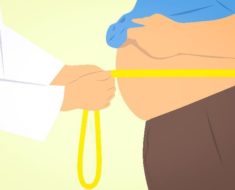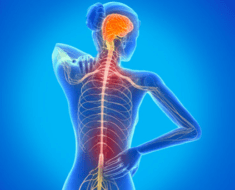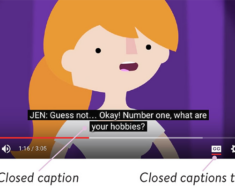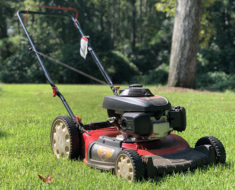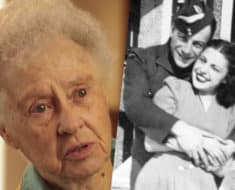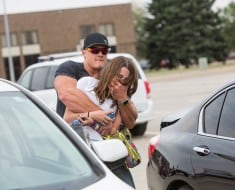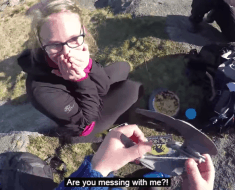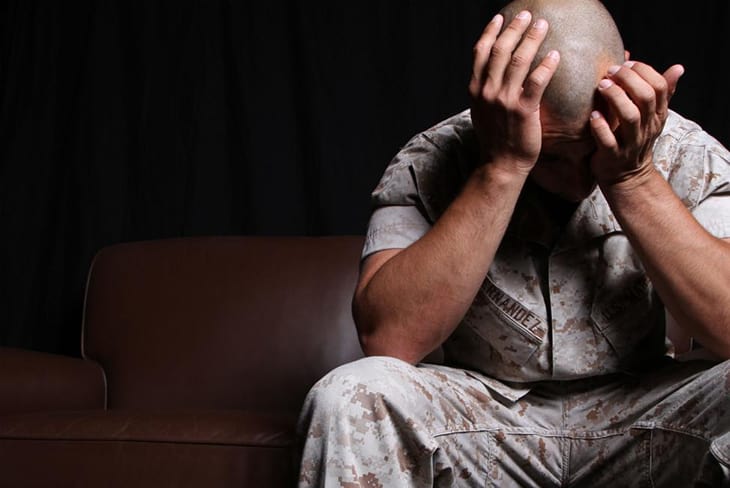
UPI
While any normal marriage or long-term relationship will experience its ups and downs, it is a special case for those coming from a military background and even more so when returning from war. In fact, in a 2010 study by Hogan and Seifert, it was found that military members marry and divorce at an earlier age, with it being two to three times more likely for veterans to be divorced than regular civilians. Another 2012 study showed that up to five years after deployment, 35% of service members reported divorce or separation, while another 42% reported having ongoing relationship problems.
There are many reasons as to why a marriage or long-term relationship may suffer due to the war, but the top reasons include mental health problems, socio-economic issues, and substance abuse disorders.
Charles Joseph Popov of Newnan, Georgia, is a counselor from the state of Georgia at Resiliency Behavioral Health Services. He sees too often the destruction and devastation of war on relationships and families back at home.
Post-Traumatic Stress Disorder
One of the most common strains on a marriage or relationship post-war is post-traumatic stress disorder (PTSD) due to the sheer amount of stress that was endured while at war and the trauma it caused. PTSD is a formally diagnosed disorder in the Diagnostic and Statistical Manual of Mental Health (DSM), being diagnosed at least one month following an inciting event until years later.
Signs and symptoms of PTSD include nightmares, flashbacks, and recurring unwanted memories of certain events. While at war, military personnel may experience comrades being killed, explosions, and other life-changing negative experiences. A part of PTSD is avoidance, through which those affected try to keep events out of their mind or avoid talking about it as to not trigger memories. They may avoid going to certain places or even meeting certain people that may trigger these memories. This can put a severe strain on a relationship, especially a spouse.
As someone that is always trying to be there and be supportive, it can become rather difficult to try and support a war veteran with PTSD, says Charles Popov. Veterans may become detached and unable to love their significant other, showing increased irritability and anger. They may show a lack of trust and misunderstandings can become extremely common. Many veterans attend group therapy sessions with others in similar situations in the hopes of overcoming their PTSD, while others work with their spouses in counseling, explains Charles Popov.
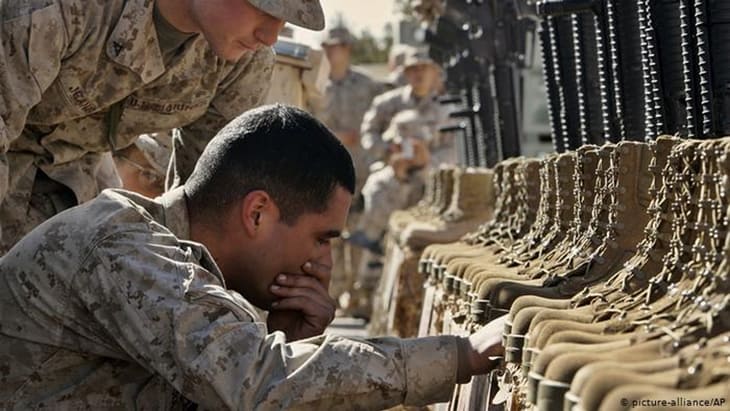
DW
Social-Economic
One of the biggest challenges veterans experience upon returning home is reintegrating into society, which a significant other takes a large part of the role in, says Charles Joseph Popov. While away on active duty, the spouse is at home taking part in day-to-day life activities and it can become difficult to readjust activities to meet the needs of the newly home veteran. They may feel neglected or feel as if they are an outcast upon returning and this leads to resentment and arguments.
Charles Joseph Popov explains that many times, those in their early 20s will get married before going off to war and upon returning find that the marriage is not what they had wanted, but was done in haste. This puts a strain on both individuals and their families, leaving their futures in the balance. A large majority of the time, upon returning, veterans may not be able to support themselves and will rely on their significant other, which puts financial stress on the entire family and also leads to issues in the relationship.
Charles Joseph Popov on Drug Abuse
An ongoing issue for those that are single and in long-term relationships is illicit drug use upon returning from service, with an estimated 10% having a diagnosis of substance use disorder. It has been found that 3.5% admit to marijuana use, while almost 2% admit to other illicit drug use. The most staggering of evidence is that between the years of 2002-2009, the marijuana drug use in service members increased by more than 50% and that number is thought to have almost tripled in the past decade, with other illicit drug use including heroin and cocaine.
Another concern for veterans is prescription pain medication abuse and with almost 1/10 of veterans reporting severe pain, it is fairly common for these members to be prescribed opioid mediations. The issue begins once veterans become addicted to the medications and start to need higher and higher doses, often looking to street drugs to fulfill their cravings.
Any drug-seeking behavior causes marital issues and is one that Charles Popov sees often. Both illicit drug use and pain medication misuse can lead to health issues as well as financial burdens on the family. This causes further tension in a relationship and many times spells disaster for marriages, especially when children are involved. Many veterans end up seeking help through the VA and enter treatment facilities.
Final Thoughts from Charles Popov
So, how can couples and families move forward when someone returns from service? Charles Popov believes that knowledge and understanding are key. Families should be aware of potential risks and signs to look out for when their loved one returns. Families should also consider seeking out counseling as a preemptive measure to identify potential risks before they occur.







